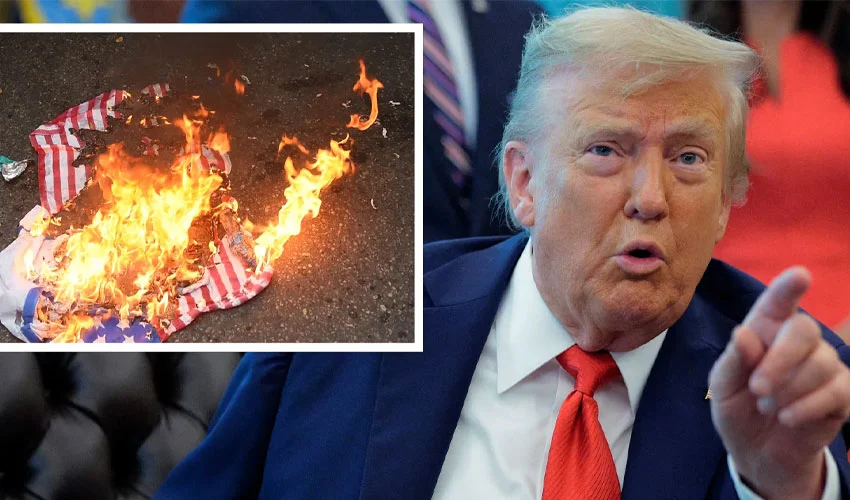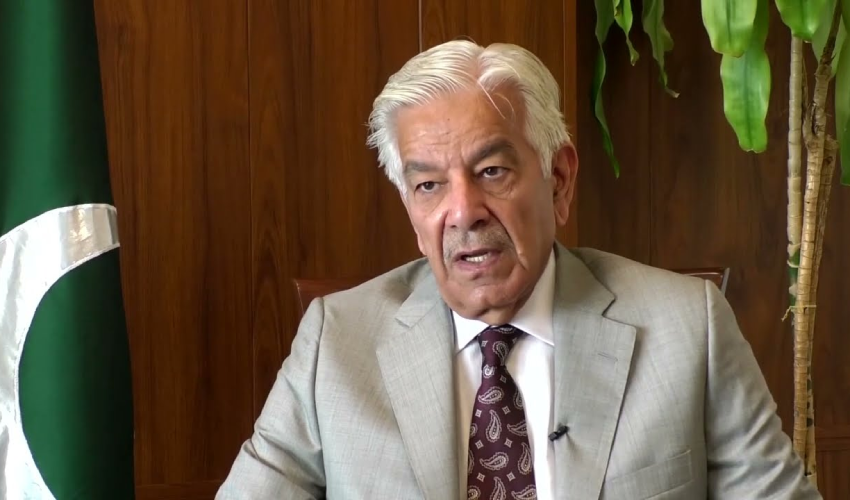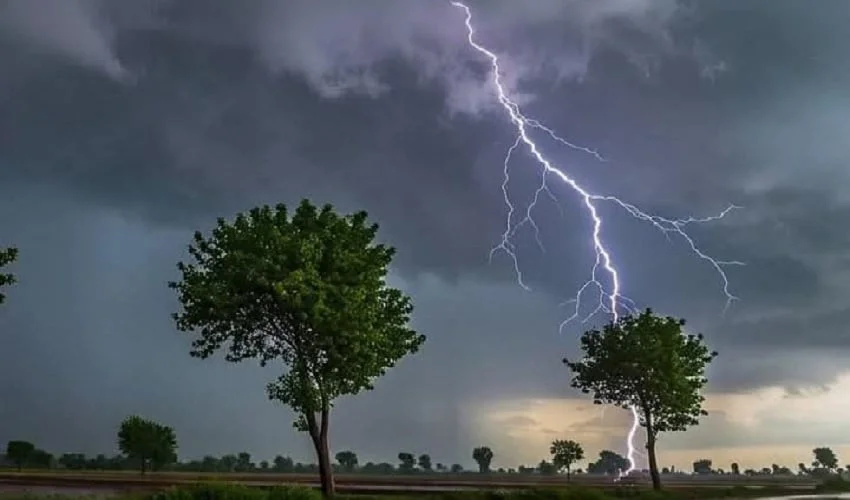Trump Signs Executive Order to Jail Flag Burners, Sparks Free Speech Debate
President Donald Trump has signed a new executive order that directs the Justice Department to prosecute anyone who burns or desecrates the American flag. The order sets a mandatory one-year prison sentence with no option for early release or leniency. It also instructs federal prosecutors to directly challenge the Supreme Court’s 1989 ruling in Texas v. Johnson, which protected flag burning as free speech under the First Amendment.
The order specifically tells Attorney General Pam Bondi to pursue these prosecutions and to expand enforcement against both American citizens and foreign nationals. Non-citizens accused of burning the flag could face visa cancellations and deportation.
Also Read: Venezuela sends 15,000 troops as US warships move closer
Legal experts and civil liberties groups immediately raised alarms. Free speech advocates argue that no president has the authority to override constitutional rights through an executive order. The Foundation for Individual Rights and Expression (FIRE) said the move threatens core democratic freedoms and ignores the Supreme Court’s rulings that already struck down similar bans.
The Supreme Court has long held that flag burning is a symbolic political expression. In Texas v. Johnson (1989), the Court ruled that the act cannot be punished under the law. The decision was reaffirmed in 1990 in United States v. Eichman, when justices again invalidated a federal ban on flag desecration. Even conservative Justice Antonin Scalia defended the right to burn the flag, despite personally disliking the act.
Critics of Trump’s executive order say the move is more about politics than law. Many analysts describe it as a way to appeal to a populist “law and order” agenda, even though there is little evidence that flag burning is widespread or linked to public violence. Some commentators also note the irony that Trump is pushing a measure directly at odds with conservative constitutional principles.
The order is expected to face immediate legal challenges in federal courts. Most experts believe it is unlikely to survive judicial review, as the Supreme Court has already made clear that flag burning, while offensive to many, is protected political speech in the United States.





